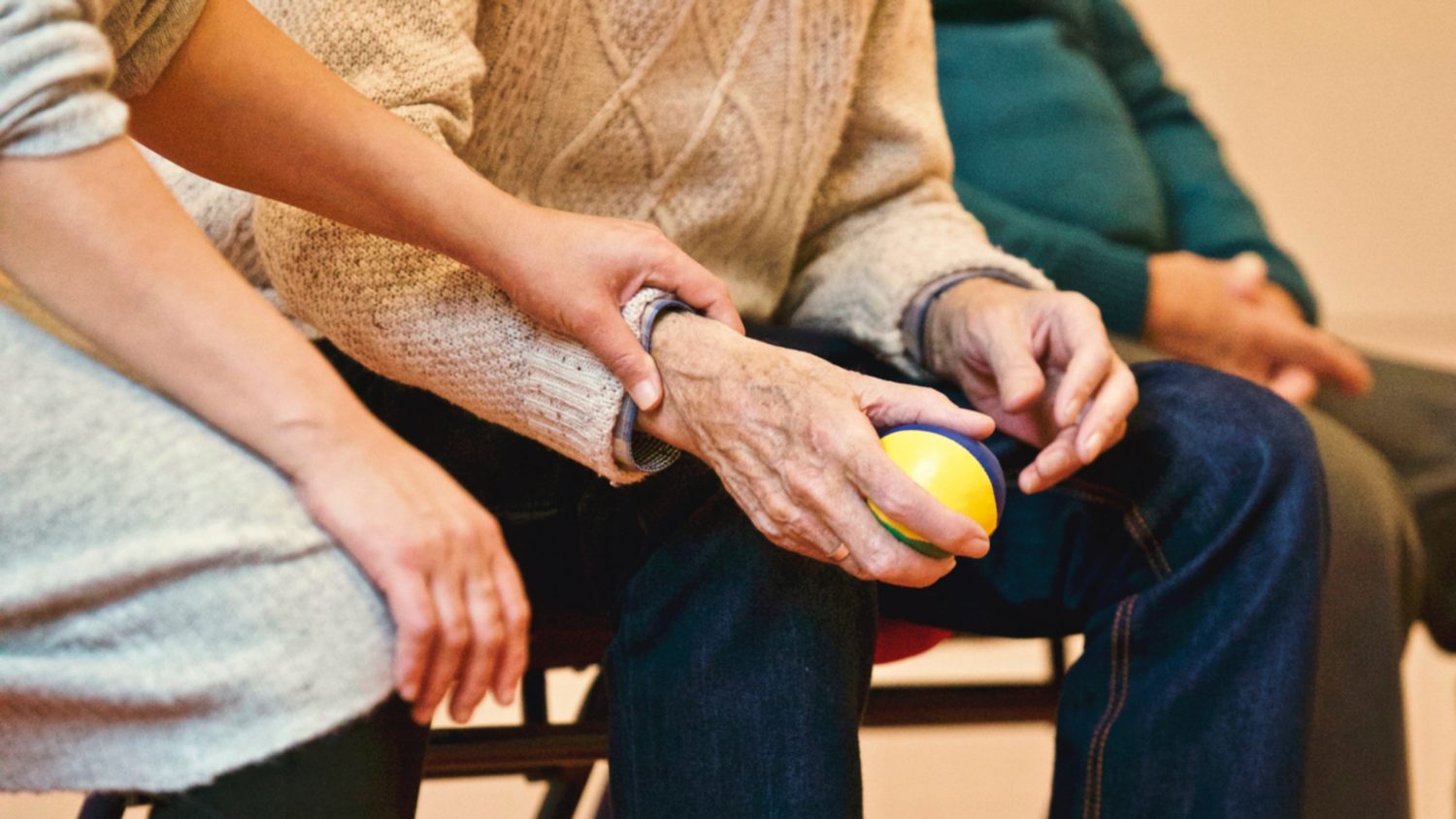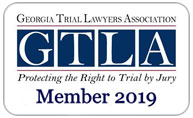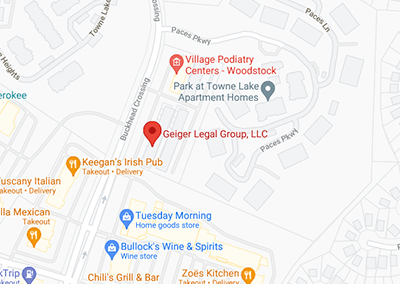What Are the Common Types of Elder Abuse?
Elder abuse and nursing home abuse can manifest in different forms. It can be physical, emotional, sexual, or financial. In addition, any intentional mistreatment by a caregiver, nursing home employee, doctor, or staff member that creates risk or harm for the elderly is abuse.
- Physical Abuse – Any violence against a nursing home resident is considered physical abuse. This can include but isn’t limited to, hitting, smacking, poking, pinching, shoving, scratching, burning, pulling hair, or using unnecessary restraints or force to get a resident to comply.
- Emotional or Psychological Abuse – Verbal insults, bullying, yelling, screaming, intimidating, manipulating, denouncing, or using threats are all forms of emotional abuse. Because emotional abuse doesn’t leave a mark, it may be harder to detect, but it can harm a resident’s physical health and emotional stability. Nursing home residents have the legal right to be treated with dignity and respect. When caregivers and staff fail to treat residents with dignity and respect, they are breaking the law and should be held accountable.
- Sexual Abuse – When a nursing home resident is forced, threatened, manipulated, or intimidated into any nonconsensual sexually based touch or contact, it is sexual abuse. Any unwanted sexual contact or behavior without the recipient’s consent is abuse. This can include, but isn’t limited to, unwanted sexual advances, “dirty” talk, forced viewing of pornographic material, flashing, molestation, attempted rape, rape, fondling, oral penetration, or any forcible sexual contact.
- Financial Abuse or Fraud – Unfortunately, because sick or elderly residents are often more vulnerable, corrupt staff and administrators may take advantage of them. Financial abuse is when caretakers or nursing home administrators misappropriate a resident’s financial resources or use finances to control them. This can include but isn’t limited to fraudulent billing, charging more than a service is worth, Medicare or Medicaid kickbacks, identity theft, stealing cash or ATM cards, stealing expensive items with the intent to sell them, tricking residents into signing documents to gain access to their assets, and financial scams.
Signs of Nursing Home Abuse
Nursing home residents are often elderly, suffer from dementia or Alzheimer’s, or have some disability. In addition, they may be unable to communicate that they’re being neglected or abused verbally, so paying close attention to warning signs indicating a resident is suffering is essential.
Some signs of abuse may include:
- Unexplained marks or bleeding
- Bruises
- Scratches
- Torn clothing
- Burn injuries
- Broken bones
- Sexually transmitted diseases
- Duplicate billing or being billed for services not rendered
Some signs of elder neglect may include:
If your loved one complains about the facility or expresses fear of a certain caretaker or staff member, it’s important you listen to them. Minor complaints should be brought to the attention of the administration and staff, so they can address the issue, but if your loved one complains about abuse or neglect that puts them at risk of serious injury or death, you should contact the police to file a report and determine whether your loved one is in danger and should be moved to another location.
Georgia Nursing Home Laws
You expect your loved one to be treated well when you choose a nursing home, assisted living facility, or other long-term care facility. There are laws to protect nursing home residents; when these laws are violated, the facility should be held accountable.
Georgia Bill of Rights for Residents of Long-Term Care Facilities
Residents of long-term care facilities have the right to reasonable care and skill, the right to be treated with respect and dignity, the right to privacy, and the right to be in a facility that is compliant with applicable laws and regulations under the Georgia act “Thurman v. Pruitt Corp.,” 212 Ga. App. 766, 422, S.E. 2d 844 (1994).
Negligence
The professional nursing home staff must follow the standard of care that skilled nursing facilities ordinarily exercise. An injury resulting from a lack of such care and skill is considered negligence.
Examples include:
- Failing to implement or carry out resident care plans
- Lack of alarms, proper equipment, etc.
- Failing to create or maintain proper safety measures
- Inadequate hiring
- Inadequate training
- Failing to maintain records
OBRA Violations
Employees of long-term care facilities are required to follow rules and regulations set forth by Medicare and Medicaid, called the Omnibus Budget Reconciliation Act.
These federal guidelines require that nursing home facilities provide residents with:
- Quality of life
- Dignity
- A comprehensive and accurate assessment
- Quality care
Despite a resident’s medical condition, under O.C.G.A. § 31-7-3.2(i), a court in any civil action must take judicial notice of these regulations and admit them into evidence if relevant to the case.
Examples include:
- An unsafe living environment
- Improper supervision
- Failing to prevent accidents
Department of Community Health Rules and Regulations
The Department of Community Health Rules and Regulations establishes the minimum standards for operating long-term care facilities or homes that provide residential services to citizens of the State of Georgia. The regulations outline training, staffing, inspections, and safety requirements. They also include rules regarding medications, nutrition, resident care plans, and procedures for documenting changes in condition. Responding to changes in the state is essential because, if implemented effectively, they can help prevent serious injuries. “DCH Rules and Regulations for Assisted Living Communities,” Chapter 111-8-62, Chapter 11-8-63.
Official Code of Georgia Statutes
The Official Code of Georgia statutes is intended to hold assisted living facilities accountable for respecting the dignity and privacy of residents, providing reasonable care, skills, and services, and complying with laws and regulations. In addition, they are intended to protect residents from neglect and abuse. It also allows residents and their families to recover compensation for violations or failures.
Some of these laws include:
- Protection Of Disabled Adults And Elder Persons C.G.A. § 30-5-1-10
- Access To And Use Of Public Facilities By Persons With Disabilities C.G.A. § 30-8-3
- Legislative findings and intent C.G.A. § 31-8-131
- Residents’ rights C.G.A. § 31-8-133
The laws and regulations outlined in Georgia are intended to protect residents of nursing homes and other long-term care facilities. Unfortunately, violations of these laws lead to resident abuse and neglect. If you or your loved one is a nursing home abuse or neglect victim, you don’t have to face it alone. The experienced nursing home neglect lawyers at Geiger Legal Group, LLC is here to help you pursue total and fair compensation and hold the right people responsible. Contact us today for a free consultation. We help nursing home abuse and neglect victims in Canton and the NE Georgia region.
Why Contact a Georgia Elder Abuse Lawyer?
When your family is pursuing a nursing home abuse or neglect claim, hiring a personal injury attorney to represent your family is an important decision. It would help if you had a nursing home negligence attorney with a proven track record of experience, knowledge, and results. In addition, your nursing home neglect attorney needs to take the time to get to know you and your family and understand your concerns, goals, and needs.
At Geiger Legal Group, we strive to form genuine connections with all our clients to provide each client with the focused support they and their families need and deserve. In addition, we work diligently to build an effective, thoughtful legal strategy that gives our clients the best chance at recovering maximum compensation.
If your family has a loved one that was victimized by nursing home abuse or neglect, contact Geiger Legal Group, LLC today to schedule a free, no-obligation consultation to discuss the details of your case and to learn more about your legal rights and options.
















